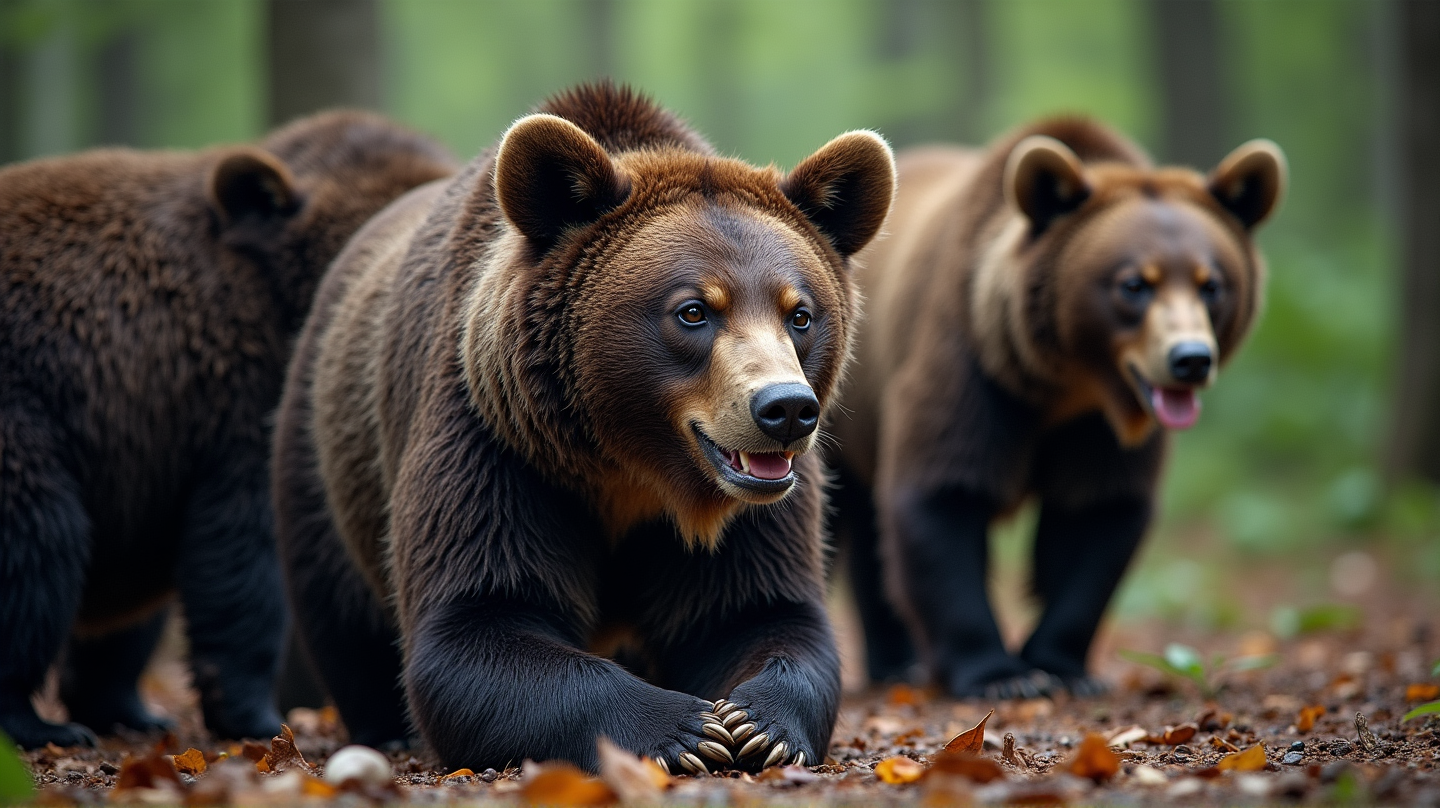Wildlife Rescue: Scandal Unfolds as Bears Fed by Operative

Allegations Take the Limelight
In a series of events that have shocked the environmental community and concerned citizens, a wildlife rescue group has found itself embroiled in a serious scandal. Allegations have surfaced accusing the operators of this reputable organization of illegally feeding bears, leading to criminal charges. According to Global News, this practice, if proven, not only undermines the integrity of wildlife conservation efforts but also poses significant risks to the animals involved and the surrounding community.
The Nature of the Accusation
The accusations against this wildlife rescue group are grave. It is alleged that the operators, known for their outspoken dedication to wildlife protection, were secretly engaging in activities that contravene established guidelines. Reports suggest that these illegal feeding practices might have led to altered behaviors in the bear population, making them more reliant on human interaction and potentially more aggressive. Such behavior can be detrimental as bears losing their natural instinct to hunt jeopardize their survival and the safety of humans nearby.
Legal Proceedings and Community Reactions
As legal proceedings continue, the community and wildlife enthusiasts wait in anticipation for the outcome. The operators are facing significant penalties if found guilty. This situation has also sparked a broader debate around the ethical boundaries of wildlife rescue operations and the responsibilities of those involved in such delicate ecosystems. The broader implications extend far beyond this single group, challenging regulations and encouraging a more scrutinizing look at conservation practices across the board.
The Impact on Wildlife and Conservation Efforts
Wildlife experts highlight that interventionist practices such as feeding can have long-term impacts on animal behavior and ecosystem balance. It raises questions about how wildlife organizations are monitored and the rigorousness of regulatory frameworks in place. According to Global News, maintaining a hands-off approach is often emphasized to ensure animals retain their natural behaviors and thrive in their ecosystems.
Moving Forward: Lessons and Reforms
The controversy surrounding the wildlife rescue group offers a unique opportunity for reform in the field of wildlife conservation. By learning from these incidents, organizations can reinforce ethical practices and improve monitoring systems. This respects and supports wildlife’s intrinsic qualities and habitat needs, fostering environments where they can truly thrive without human interference.
Conclusion
This incident serves as a poignant reminder of the fine line between assistance and interference in the realm of wildlife conservation. As we await the legal outcomes, this scandal impels both wildlife groups and the public to engage in meaningful discussions about sustainable and ethical wildlife rescue practices. Only through such conversations and resultant reforms can we hope to safeguard both wildlife and human communities.





